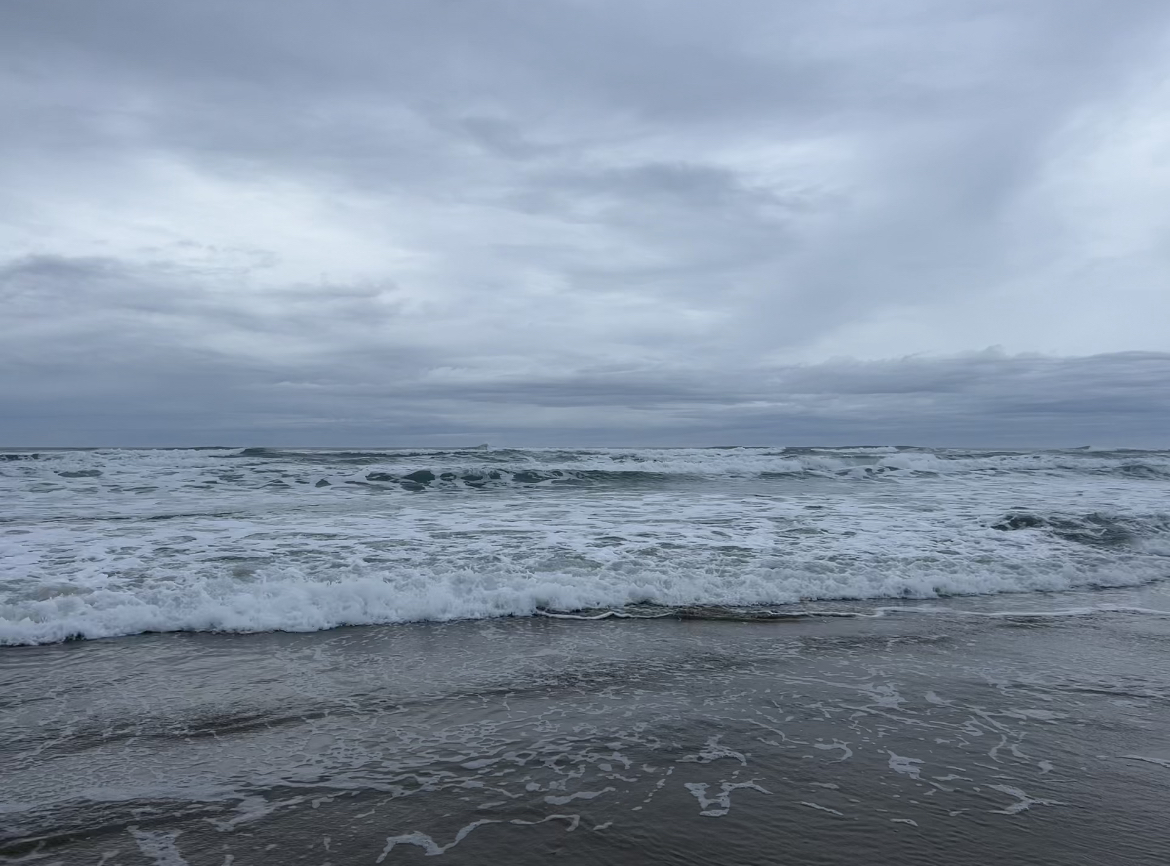Looking For Punk
Harry Reese: Artist's disease is a hardening of the categories.

Those first referred to as punk didn’t know they were part of a wave.
Before punk had a name, it was a New York rock & roll subculture composed of a few bands: The Velvet Underground, New York Dolls, and The Stooges. Though to call it a subculture is to apply a label in retrospect.
Punk got its name from Punk magazine, published in 1975. No single magazine names a subculture, but I suspect the name stuck because at the time “punk” bands were traveling to the UK on tour. European marketers, audiences, and tabloids needed a name for the new style of rock & roll, and looked to the name chosen by Punk.
At the time, punk was derogatory slang. Co-creator of Punk Legs McNeil: The word “punk” seemed to sum up the thread that connected everything we liked - drunk, obnoxious, smart but not pretentious, absurd, funny, ironic (p. 204). William Burroughs: I thought a punk was someone who took it up the ass (p. 208).
I’ve made a note every time Please Kill Me: The Uncensored Oral History of Punk by Legs McNeil and Gillian McCain uses the word punk. “Punk” is vanishingly rare for the first two-hundred pages.
I was confused by this for a long time. The most striking characters of the first half are Iggy Pop and Patti Smith, both of whom are described as vaguely rock & roll. Why does the first half of a book about the history of the punk movement spend so much time on rock & roll?
Patti Smith: I started getting successful writing these long, almost rock & roll poems (p. 161).
While coherent in hindsight, those part of the subculture which became punk didn’t know they were part of something. And even in retrospect don’t apply the label. In a 2014 interview, Patti Smith: I was not really a punk, and my band was never a punk rock band. And Iggy Pop: I didn't know, at that time in New York, that there was this punk scene. I was kind of aware there was a fringe group of malcontents…, but I never thought, Oh, punk is happening, it's taking over and it's gonna be big and huge (p. 254).

Do the parts of a wave know they are part of it?
It seems the naming of punk was the end of the subculture. It made the movement commercializable and something cool to be. Record labels could produce punk bands. I could get a punk haircut. But manufactured bands and posers are invasive. The moment punk was named it became less authentic.
In a letter to the editors of Punk magazine, lead singer of Sniffin' Glue Steve Mick: You woffle on about being honest - do you call selling your first issue for 25 dollars honest? I hate Punk... People regard Punk as a collector's item - well we don't want Sniffin' Glue to be like a stamp album (Punk: the best of Punk magazine edited by John Holmstrom and Bridget Hurd p. 76).
Duncan Hannah: The scene got polluted by the press… All these tourists, right? Slumming—in the Bowery. And I just thought, Ah, forget it. You know, if they're gonna do this, I quit (p. 336).
Where are the punks today?
I asked fourteen friends, Me: On a scale of one to ten, do you consider yourself part of a movement? Only two of those interviewed answered with a number above five.
I was sad about this. We live in strange times and I want to be part of something. But Please Kill Me makes clear that punk was named in retrospect, and the characters it was named after didn't know they were part of something. In many ways, the naming of the movement demarcated the beginning of its decline. So now I'm more optimistic. The punks are probably here but don't know it yet.

Thanks to Ally, Anna, Ashley, Brandon, Ethan, Elias, Florence, Grant, N, Nick, Noah, Max, Melody, and Moses for insightful conversations.